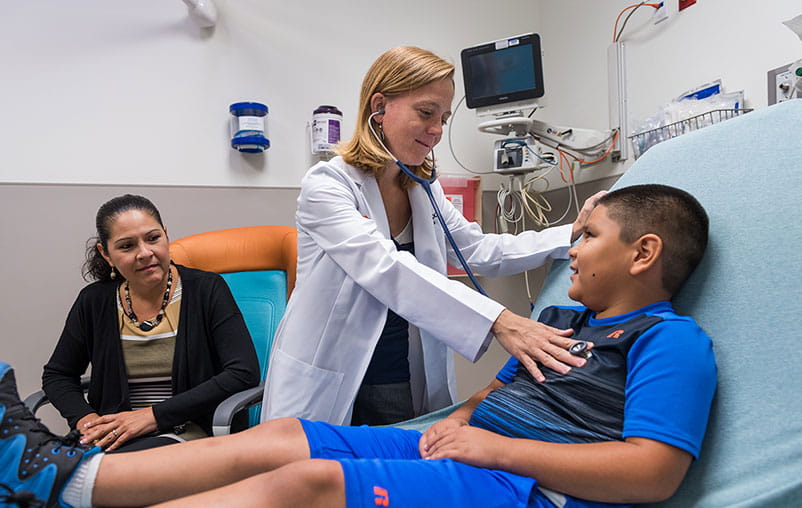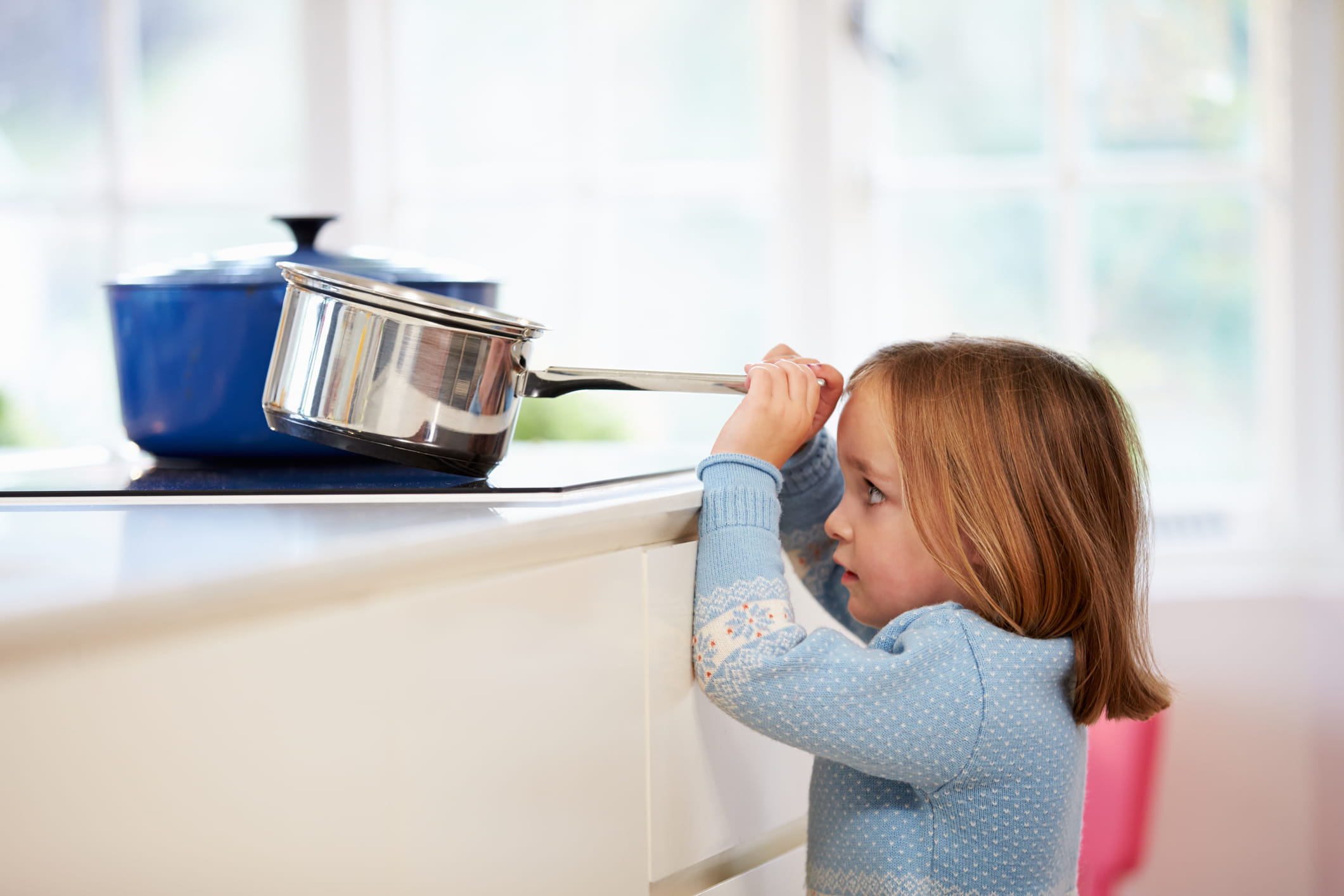Melatonin is a popular supplement some people take at night to help them fall asleep. You can buy it over-the-counter at health stores and pharmacies.
Melatonin is a naturally occurring hormone that our brains release in response to darkness, and it helps maintain our natural circadian rhythm, also known as your sleep cycle.
Is Melatonin Safe for Children?
A new study by the Centers for Disease Control and Prevention showed an alarming trend regarding children overdosing on melatonin. According to the CDC, ingestions of melatonin in children increased by 530% in the last 10 years.
“If (melatonin) is sitting out on the counter and tastes sweet … those are easily grabbed by a child,” said Dr. Mandie Tibball Svatek, pediatric hospitalist at University Health.
The CDC study, which was conducted from 2012-2021, showed more than 260,000 cases of melatonin ingestions were reported to poison control centers. Of those 260,000 children, 4,000 were hospitalized, and two died.
“This has really made us rethink actually the use of melatonin supplement in our population," Dr. Svatek said.
Dr. Svatek said the recent surge of melatonin usage in children can be linked to the COVID-19 pandemic. Parents and children were at home more often, and weren’t getting quality sleep for a number of reasons.
How Much Melatonin Should I Give My Child?
Melatonin is an FDA-regulated dietary supplement. It isn’t regulated as strictly as prescription medications or over-the-counter products. This leaves room for uncertainty when it comes to dosing and proper use.
“Because this is not a drug that is regulated by the FDA, we don't know the actual dose they're getting,” Dr. Svatek said. “We don't know what other features are in that supplement, such as serotonin, which can lead to toxicity as well.”
If you choose to give your child melatonin, Dr. Svatek recommends you consult with a pediatrician to determine the appropriate dosing.
According to the American Academy of Pediatrics, "many children will respond to a low dose (0.5 mg or 1 mg) when taken 30 to 90 minutes before bedtime. Most children who do benefit from melatonin—even those with ADHD—don't need more than 3 to 6 mg of melatonin."
Melatonin is not recommended for children under the age of 3.
Safe Alternatives to Melatonin
Oftentimes, if your child is having trouble falling asleep or staying asleep, a change in their bedtime routine may be the solution. Sticking to a consistent bedtime routine, putting electronics away and getting enough exercise throughout the day can help your child sleep better.
Other natural sleep aids include:
• Lavender oil aromatherapy (not oral ingestion)
• Breathing exercises
• Keeping the bedroom at a cool temperature
Pediatric Care at University Health
If your child is having trouble sleeping, the pediatricians at University Health can help. They may only need a simple change in routine, or they may benefit from a referral to a pediatric sleep specialist. We can help you determine the best next steps.
Visit our website or call 210-358-KIDS for more information.




